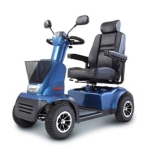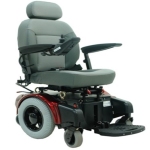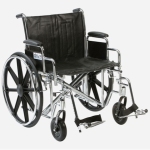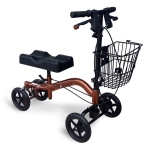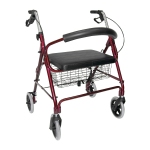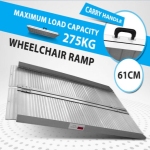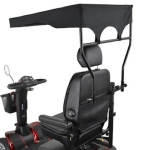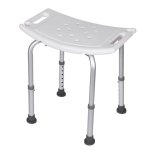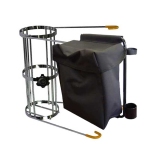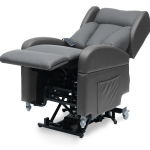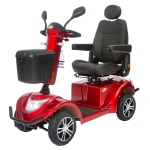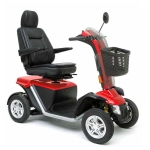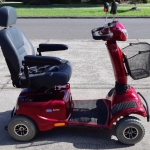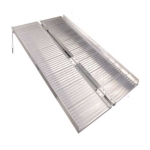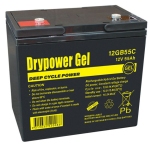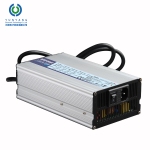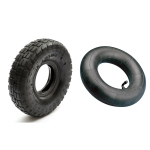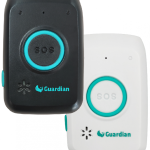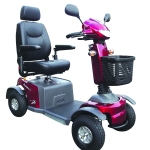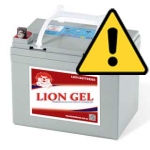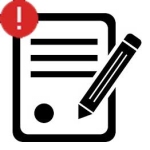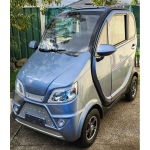Lion Marine Battery Maintenance / Operation
Maintenance and Operations Notes
- Marine batteries should be boxed, or stored in as dry and clean an area as possible.
- Even if stored near the motor, battery tops should be wiped clean and dried EACH DAY after use. Moist salt conditions can lead to creation of an electrical circuit between the terminals ACROSS the top of the battery, which can send it flat overnight.
- Use petroleum jelly to coat the terminal posts to provide extra security against moisture.
- Ensure all exposed wires are sealed with tape to protect the circuit against corrosion.
- Check the battery voltage or specific gravity weekly. If the battery is below 12.4, it requires a top up charge. If the battery is below 12.00, it is half flat, and must be charged until it starts to gas freely, and voltage-on-charge reaches 15 volts.
- If marine batteries are cycled and used for bilge pumps and night lighting, with only solar panels or wind generators used to maintain their charge, they should be checked for voltage at least weekly. Most marine failures are due to batteries being flattened, and being left in that condition, when hard crystals of lead sulphate form that can make recharge impossible.
- If a battery goes flat, it may take up to 3 days of slow charging to bring it back to fully charged state. It may take even several hours to even get the battery to accept charge. Don’t write the battery off if it is still flat following an overnight charge. BOOST.
- Check the voltage-on-charge when the motor is idling, it should read around 14.2 volts. If it is over 15.5 volts the battery will be overcharged and killed. If under 13.5, the battery will never be fully charged.
- Check electrolyte levels. If constantly falling, so that you need to add water weekly or monthly, the battery is nearing the end of its life or you are overcharging the battery, and it will have a short life. Replace the battery and/or check the regulator.
- If required, only top up the marine battery with distilled water.
- It is important to keep salt water out of a battery. Chlorine (from salt, which is mainly sodium chloride) gas can form, and the chlorine ions in the electrolyte will cause the battery to self discharge. The presence of chlorine gas can be seen by the bleaching of the polypropylene case and vent plugs.
- If the marine batteries are over 3 years old, they may be ready for replacement. Safety in marine applications is paramount. Either keep a spare battery (MF Types are great as they have 6-8 months shelf life if stored in a dry location) or replace the battery, and use it on land for the rest of its life.
- Use deep cycle batteries where batteries are cycled. For starting use heavy duty marine or Maintenance Free types where long shelf life and no cycling applications are required.
- Batteries can explode. Petrol or diesel vapour can be ignited by a spark caused by poor fitting or faulty connections, as can the gases within the battery itself. Ensure battery compartments are ventilated.
Trawlers & Cruise Boats
Marine batteries in these craft are exposed to a heavy workload, to damp conditions, moist salt laden spray, bait and fish innards and high humidity, with bilge pumps or lights that may drain the battery or run it flat. Check and clean batteries weekly.
For cruisers or yacht batteries, when the boat is stored for winter, disconnect the battery, and boost charge at 2-3 amps overnight each 3 months to a 15V on-charge voltage reading as measured by a volt meter across the terminals (MF Batteries can be disconnected when fully charged, and left in the boat in a dry place, as their shelf life is 3X a normal battery).
If large leisure boats are to be moored at a marina for extended periods, with power connected to bilge and lights etc. and if the boat is not connected to mains power, and uses solar and/or wind power to charge the batteries, they MUST be checked regularly to ensure that they are not either under or over charged. Weekly, if possible. If low charge rates cause a battery to be discharged to around 11.8 volts, then cycling it at this low level will cause partial sulphation, which will reduce battery capacity and life. Dead for the next season.
For runabouts, a small marine or heavy duty car battery is OK, but ensure it is kept clean, and placed in a battery box away from salt water. At the end of the season, disconnect the battery, take it home to the garage, and charge it each 3 months overnight at 2-3 amps. That way it will be maintained ready for next year.
Health & Safety
Battery Fluid can cause burns
Use extreme care when handling Battery Fluid. If electrolyte is spilled or splashed onto clothing or the body, wash with water and neutralise with a solution of baking soda and water. Electrolyte splashed into eyes is extremely dangerous. If this occurs, gently open eyes and wash with cool clean water for 5 minutes. Call a doctor.
If electrolyte is swallowed
Drink large quantities of water or milk and follow with milk or magnesia, beaten eggs or vegetable oil. Call a doctor immediately.
If it is necessary to prepare electrolyte
Always add concentrated acid to water – never water to acid. Store electrolyte in approved containers with a sealed cover. Do not store in the sun.
Exploding Battery
Batteries generate explosive gasses during vehicle operation and when being charged. Flames, sparks, burning cigarettes or other ignition sources must be kept away at all times.
Always shield eyes when working near batteries
When charging batteries, work in a well ventilated area – never in a closed room. Always turn the battery charger or ignition off before disconnecting a battery.
Manufacturers Instruction
Always follow any instruction supplied with the battery or printed on the battery or supplied with vehicle operating instructions.
If you have any other questions or problems not covered here, just give us a phone call on (03) 7036 4440 or ” Email Mobility Scooters for Hire“

